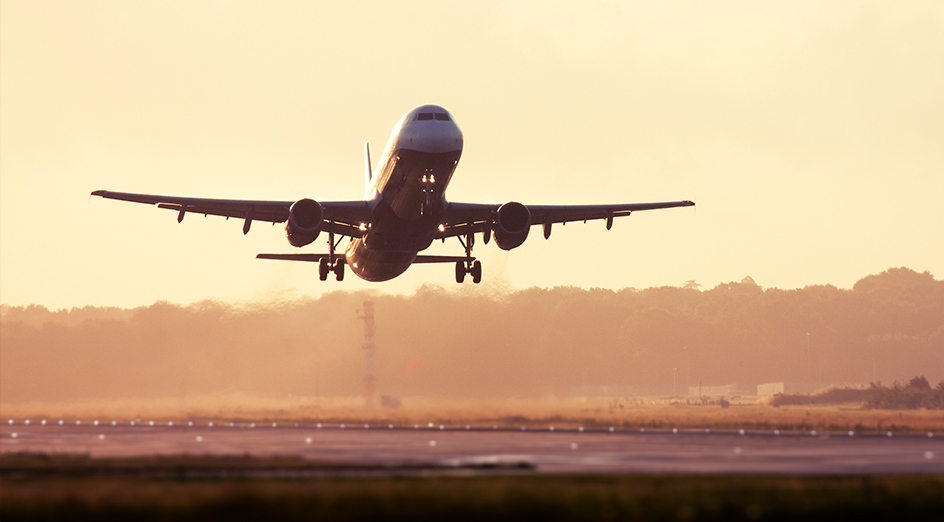Q and A with Dr Barbara Nattabi, an expert on the epidemiology of communicable diseases and senior lecturer at The University of Western Australia's School of Population and Global Health
While the COVID vaccine protects an individual from severe disease, it is not until the community bands together and reaches a mass vaccination coverage of at least 75 per cent that it becomes a powerful weapon with the potential to prevent resurgence of COVID cases, says Dr Barbara Nattabi,senior lecturer at The University of Western Australia's School of Population and Global Health.
“When the borders open again to overseas travel, we are going to be in a situation where we will be exposed to much more infection and if we have mass vaccination then Australia will be in a much better position to cope."
Dr Barbara Nattabi
“Vaccination is not just about you as an individual, it is about protecting each other and the Australian population as a whole,” she said.
“When the borders open again to overseas travel, we are going to be in a situation where we will be exposed to much more infection and if we have mass vaccination then Australia will be in a much better position to cope.
“So when you are deciding if you will have the free COVID vaccine offered by the Australian Government, ask yourself this question – ‘Do we want to go back to the same situation we were in, in March last year, before the borders closed?’.
“If we do get this 75 per cent vaccination coverage then, even with the borders open, we are likely to see a real change in our lives. Not completely back to the normal way that we used to live before, but a new normal.”
Every Western Australian, including community and religious leaders, has a role to play to encourage COVID vaccine uptake, says Dr Nattabi. It is also time to consider ensuring all those entering and leaving Australia were vaccinated and offering vaccination incentives — such as clearance to attend big music festivals - to Australians in their 20s, the age group with the most COVID infections.
“We are so privileged here in WA,” she said. “While we may take our time to decide if we want to take up our free COVID vaccine, there are those in other countries whose lives could depend on having the vaccine yet have no access due to shortages.”

Mass vaccination will be the key driver of travel bubbles, with New Zealand, Europe, United Kingdom, USA and Israel likely to come first.
Q and A
Can Western Australians drop their guard after COVID vaccination?
We have to continue to be cautious because there have been cases reported where people have contracted the COVID virus despite being vaccinated, particularly after just one dose. The vaccine does protect against severe disease.
A wish to return to overseas travel has been reported as a popular reason for COVID vaccination. Following Australia's COVID vaccine rollout, which destinations may open up?
Travel bubbles are most likely to be formed with New Zealand, Europe, United Kingdom, USA and Israel where mass vaccination is taking place. But countries in Asia and Africa, with vaccine shortages, may not have mass vaccination for three or four years and Australians are unlikely to be able to visit until then. With its many islands, Indonesia will have to be closely monitored – particularly Bali where many Western Australians like to travel – and confirmation of high vaccination rates will be required before this destination is opened up.
Will mass vaccination mean an end to lockdowns?
We are not post-COVID yet, we are still part of a worldwide pandemic. Lockdowns may still be necessary in Australia if there is a sudden rise in cases, particularly if it is a new variant from overseas. The future with variants is still very unclear. There are indications that the current vaccines being rolled out in Australia may be able to protect us against some of the new variants, which are more infectious and cause more serious illness, however we will have to continue to monitor the situation closely.
Media references
Nicholas Smith, UWA Media Officer, 08 6488 1888 / 0411 644 492
